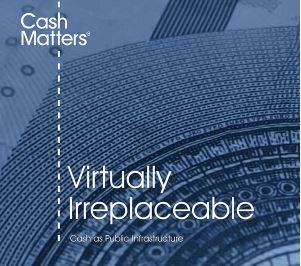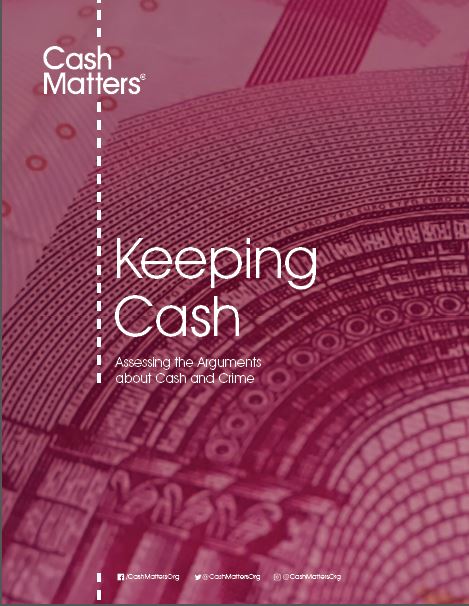International Currency Association
Virtually Irreplaceable: Cash as Public Infrastructure
This white paper by Dr. Ursula Dalinghaus, Visiting Professor of Anthropology at Ripon College and affiliated scholar at the Institute for Money, Technology & Financial Inclusion (IMTFI) University of California, takes a close look at the role of cash in society and the specific characteristics making it a public good, citing relevant studies, scholars and field experiments.
"Cash in circulation is growing on a global scale by approximately 3% per year; 80% of all payments worldwide are cash transactions. Cash is an essential part of every stable financial and economic system", stated ICA Chairman Wolfram Seidemann. "This paper demonstrates that cash is more than just a means of payment. It is a public good, part of modern life and vital for people's everyday lives."
Key takeaways- Cash is a public good that guarantees ease of use, accessibility, privacy, and many other unique qualities in local, national, and global monetary systems. Cash fulfills both criteria for a public good: it is non-excludable because its function as a means of payment, of transfer of value, works without compensation. And it is non-rivalrous because its use by one person does not preclude its use by another.
- Cash is public – the only form of money not controlled by a private, profit-driven entity. Once in circulation, it is the only form of payment independent of its issuer. It is deployed not to make a profit on its transfer but to support and sustain value transfers free of charge. There may be costs associated with cash, but cash itself is a means of value transfer that settles at face value with no fees involved.
- Cash enables personal freedom and self-determination – state-issued physical cash is a distributed public infrastructure that allows citizens and users to create a space outside the state. At the same time, cash acts as a claim upon central banks and, ultimately, states to ensure good governance of monetary and payment systems.
- The materiality of cash is vital to many social practices. The role cash plays in social relationships often hinges on the physical design of cash, such as denomination, which makes cash particularly useful for budgeting, accounting, gifting, or saving.
Read author Q&A here.
Cash as a Public Good - the Expert View
Currency News™ interviewed IMTFI Director and Professor Bill Maurer and Dr. Ursula Dalinghaus about the role of cash as a public good and the IMTFI following the release of Cash Matters white paper, "Virtually Irreplaceable: Cash As Public Infrastructure", authored by Dr. Dalinghaus, affiliated scholar at the IMTFI. Read excerpt from Currency News.
Keeping Cash: Assessing the Arguments about Cash and Crime
This white paper for Cash Matters, an International Currency Association (ICA) movement, assesses the current literature on cash, cash usage, crime, and terrorism. Drawing from the IMTFI's accumulated expertise on monetary ecologies - from cash to digital - it examines a range of institutional, legal, scholarly, policy, news, media and other sources to understand the current state of debate about - and evidence for - the links between cash, crime, and terrorism.
Read blogpost, "Cash is not a Crime - New IMTFI white paper finds efforts to curtail cash use hurts poor and does little to stop terrorism financing".





